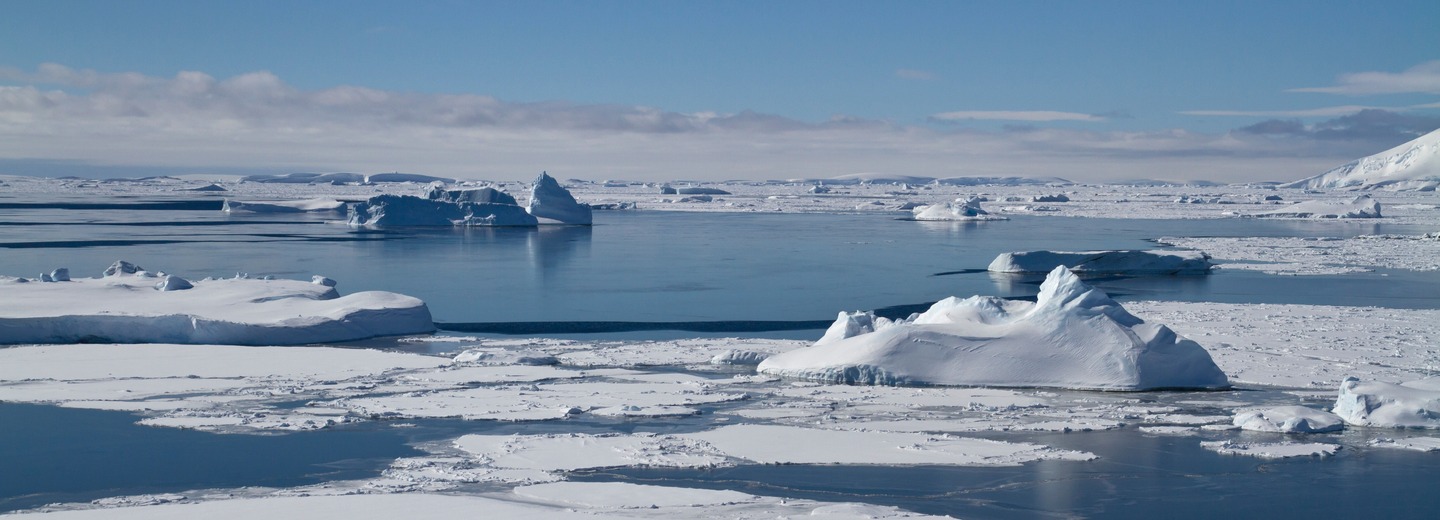
Researcher gets Marie Curie grant
Postdoc Danita Catherine Burke from the University of Southern Denmark receives a 'Marie Curie Individual Fellowship' of DKK 1.4 million. The money will be used to study why some interest groups are granted observer status in the intergovernmental Arctic Council, while others are less welcome.
The Arctic is not just high on the international political agenda. Interest groups also want to gain access to the intergovernmental forum the Arctic Council, which collaborates on key Arctic challenges, particularly sustainable economic development and environmental protection.
While the World Wildlife Fund, WWF, has had observer status in the Arctic Council since 1998, Greenpeace has failed to accomplish this status. But why are these two organisations treated differently?
This question is what Danita Catherine Burke from the Center for War Studies will study. The European Research Council has awarded her a Marie Curie Fellowship worth DKK 1.4 million for the project.

Lack of clear guidelines
Her current study has shown that the role of interest groups in the Arctic Council is more unclear than that of states, although they may attend the negotiations on an equal footing with non-Arctic states such as Japan and Germany, which also have observer status.
Danita Catherine Burke has interviewed a number of diplomats and representatives from the Arctic States and from the Arctic Council.
- The role of observers in the Council is often referred to only with reference to the states, but interest groups constitute a grey area. It is not clear what criteria must be met for non-state actors, such as interest groups, to be included in the Council, says Danita Catherine Burke.
The Marie Curie Fellowship will therefore be used to study how interest groups should act in order to be included in forums and institutions which are increasingly critical of their involvement in international politics.
Focus on the World Wildlife Fund and Greenpeace
In her project, Danita Catherine Burke will examine whether factors such as the structure of interest groups, financial conditions, legitimacy and the basis for support might be decisive for whether they will be admitted to the Arctic Council.
- It will be interesting to find out what it takes to get observer status in the Council and whether the observer role is worth the price, Danita Catherine Burke says. The project will commence in March 2018 and continue for two year.
The Marie Curie fellowship is worth 200,195 euros and funds the best and most promising individual researchers looking to enhance their career development and prospects by working abroad. Grants from the European Research Council are among the most prestigious in Europe.
Meet the researcher
Danita Catherine Burke is a postdoc at the Center for War Studies at the Department of Political Science and Public Management. Her research areas include international relations, politics and history in the Arctic, diplomatic relations and Canada's relationship with the Arctic.
The Arctic Council
The Arctic Council was established in 1996 and has Canada, the Kingdom of Denmark, Finland, Iceland, Norway, Russia, Sweden and the United States as members. The Council deals with matters of common concern for the Arctic states and the Arctic’s inhabitants. A number of countries and organisations have been granted observer status in the Council. Among these are India, China, the United Kingdom and Germany, as well as organisations such as the United Nations, the Red Cross and the World Wildlife Fund, WWF.